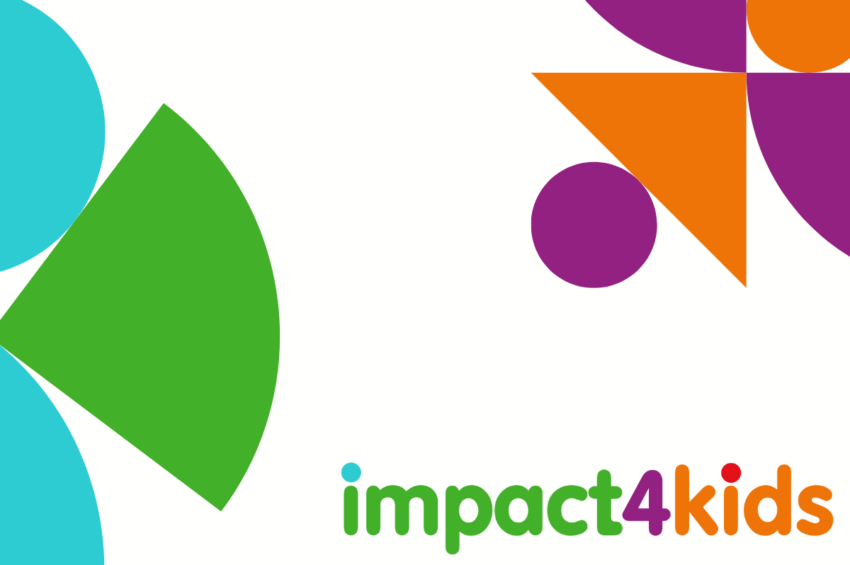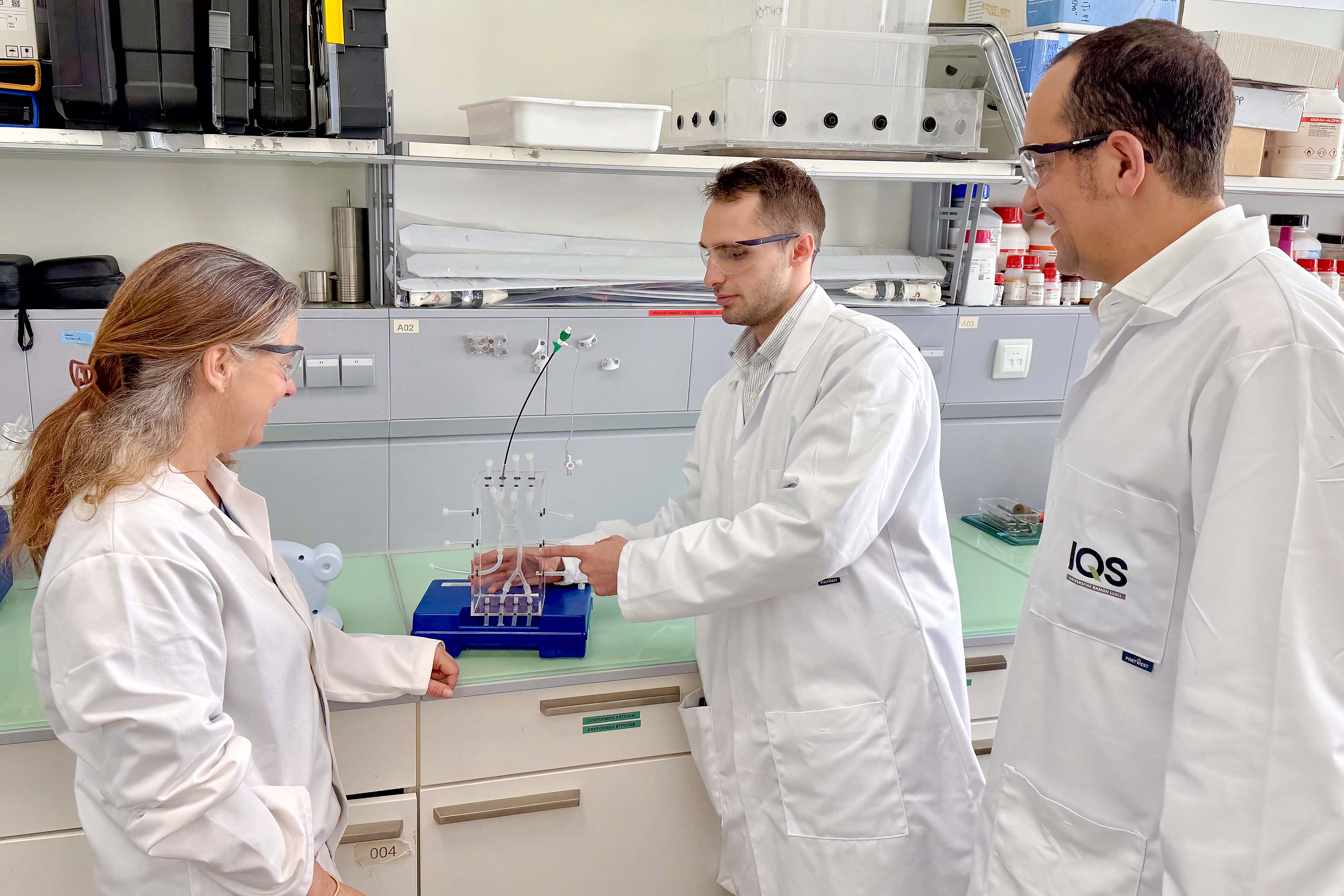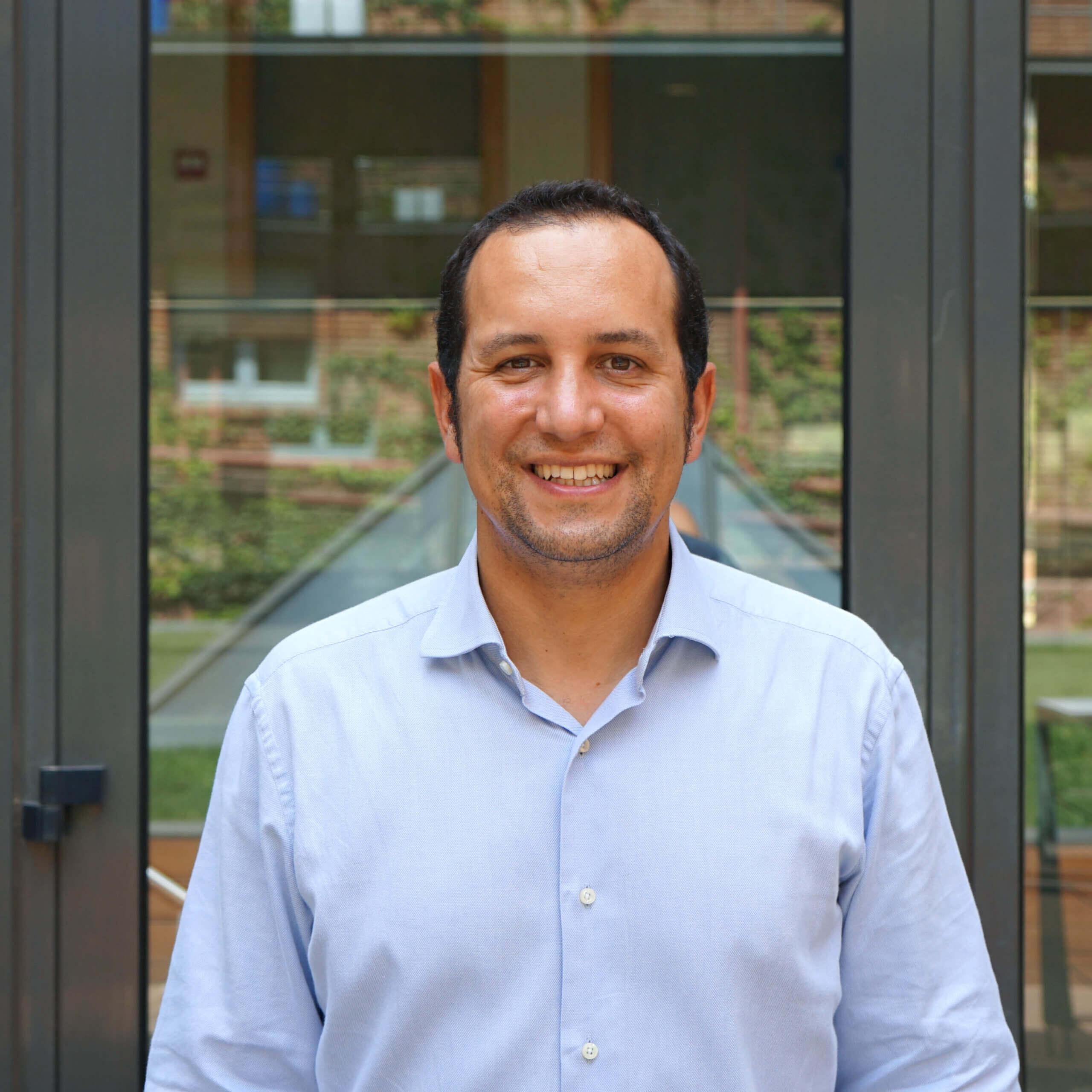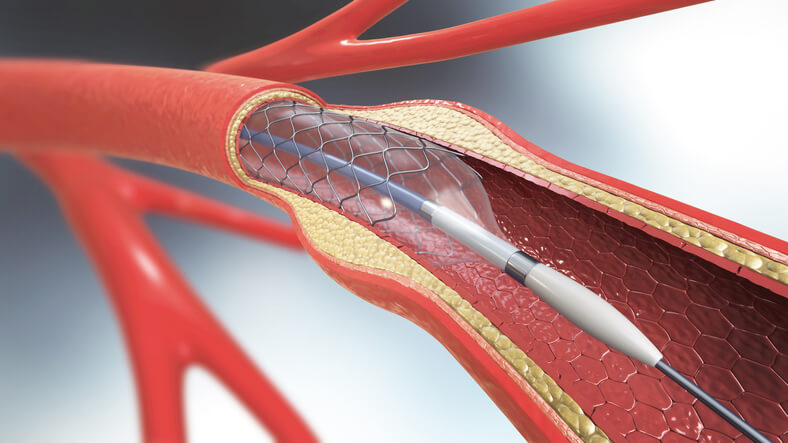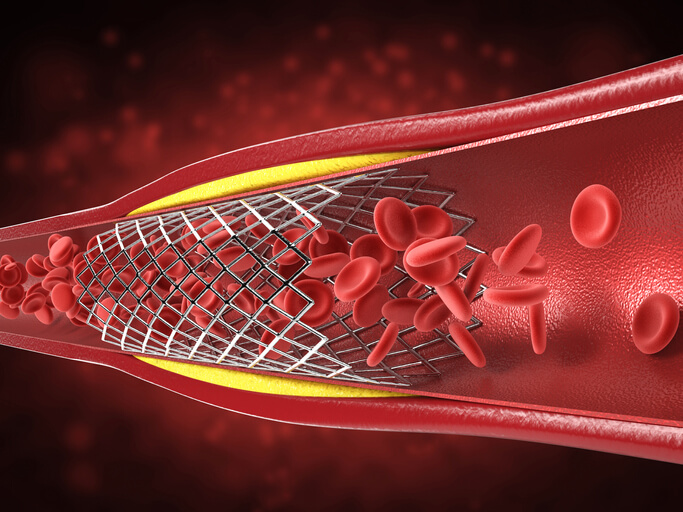The IQS PolyCoarct project has been selected to form part of the first edition of the Impact4Kids accelerator program. This initiative forms part of the pediatric innovation hub i4Kids, coordinated by the Sant Joan de Déu Hospital in collaboration with the Impact1 program at the Stanford Mussallem Centre for Biodesign. The initiative aims to promote new projects and disruptive technologies within the areas of fetal health, maternal health, and pediatric health within a collaboration between the innovative ecosystems of the United States and Europe.
In its first edition in 2024, a total of 73 projects were presented. This past March, six projects selected to form part of the first edition of this acceleration program were announced: three projects from the United States, one project from Ireland, and two projects from Spain, including the PolyCoarct project.
The Impact4Kids program offers an intensive six-month partnership to accelerate disruptive technology solutions, offering personalized training, individualized coaching, immersion in international ecosystems, and networking opportunities within the sector.
An adaptive stent for aortic coarctation
PolyCoarct is a multidisciplinary project led by Dr Mercedes Balcells Camps and Dr Jordi Martorell López, researchers at the IQS Vascular Engineering and Applied Biomedicine Group (GEVAB), in which the IQS Industrial Engineering Group (GEPI), the Institute for Medical Engineering and Science at the Massachusetts Institute of Technology (MIT), and the Biomaterials, Biomechanics, and Tissue Engineering Research Group (BBT) at the UPC are collaborating.
The group’s objective is to develop a new generation of polymeric stents adapted to the growth needs of children affected by pediatric aortic coarctation in order to avoid new surgical interventions. This stent provides adaptive vascular support and grows according to the growth of the arteries of patients who are affected by this abnormal narrowing of the aorta. Currently, infantile aortic coarctation can only be treated by open-heart surgery, angioplasty, or implanting metal stents that require frequent surgical reinterventions.
This represents the second time that the PolyCoarct project has won a pediatric innovation award. First prize was received in the United States within the innovation competition organized by the Alliance for Pediatric Device Innovation as one of the six best pediatric devices in the “Make your Medical Device Pitch for Kids!“ challenge, one of the first in pediatric cardiology innovation.
Francesc Canalejo Codina is an international doctoral student at IQS who is carrying out his doctoral thesis within the framework of the PolyCoarct project. He states: “we are very proud to have been selected as one of the pioneering projects in the field of pediatric cardiovascular medicine. The Impact4Kids program is essential to ensure that PolyCoarct is prepared to face the technological and economic challenges of the sector.”
